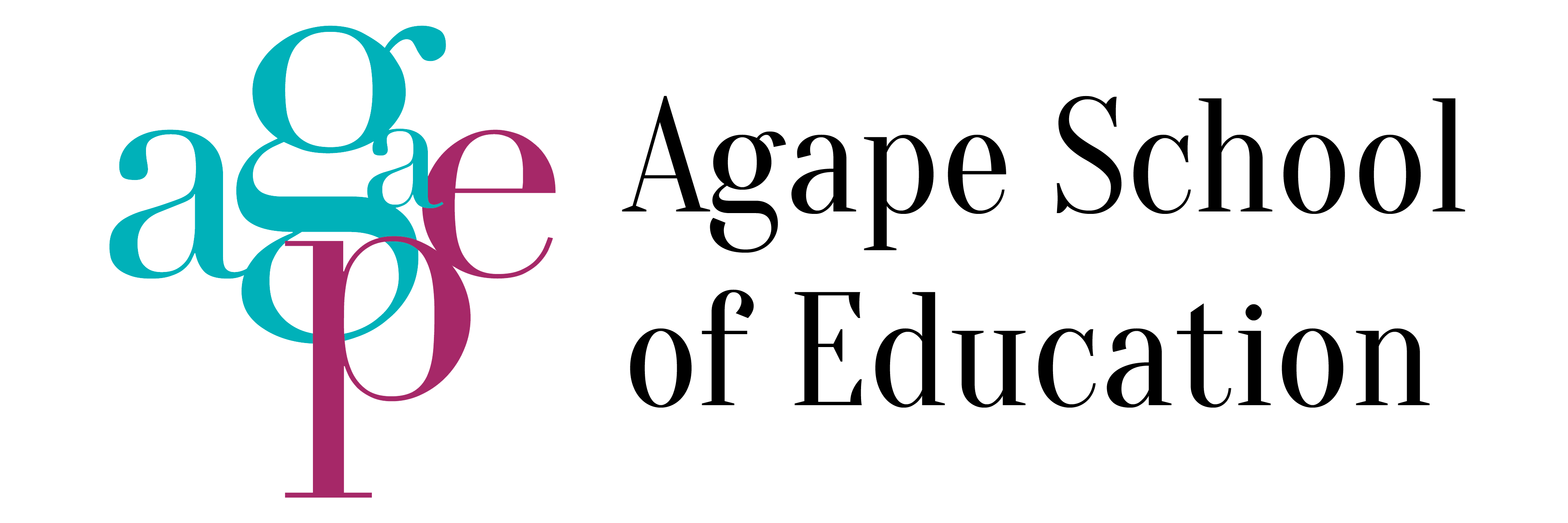There’s a common misconception that “Deutsche Sprache, schwere Sprache,” (German language, difficult language). While the German language does have 16 different ways to say “the,” and sometimes it has little regard for sensible sentence structure, it is a very logical language and not necessarily a difficult language to learn. This is how to learn German quickly with affordable and custom German courses in Singapore.
If you are a native English speaker, German will be easy to pick up as German is part of Germanic languages, a group of Indo-European languages, that shares plenty of similarities with other Germanic languages like English or Dutch. For example, English and German share similar words like:
- Haus = house, Buch = book, Finger = finger, Hand = hand, Name = name, Mutter = mother, schwimmen = swim, singen = to sing, kommen = to come, blau = blue, alt = old, windig = windy
Why should I learn the German Language?
Business: Germany is home to many international companies, including leading engineering firms and research institutions. Understanding German can improve communication with business partners, improves your employability and open new opportunities to success in your career.
Tourism and hospitality industry: Tourists from German-speaking countries often visit Singapore and our neighbours. Coincidentally, they have also been reported to be the world’s biggest spenders when on holiday and often prefer German-speakers as their guides or when they need help! Similarly, German is spoken widely in many European countries, especially in Eastern Europe, which can help you make the most of your travels anywhere in the EU.
Science and Research: The German language is commonly used in academia and as a scientific language. Germany is the third largest contributor to research and development and offers research fellowships to foreign scientists.
Enjoyment of literature, music, art and philosophy: German is the language of great historical figures such as Goethe, Kafka, Mozart, Bach and Beethoven. Indulge in reading and/or listening to their works in their original language.
Opportunities to study/work in Germany: Germany awards a many scholarships and other opportunities to study or work. Working holiday visas are available for young foreigners from a range of countries, and special visas are offered to skilled workers and professionals.
Information: Developments in media, information and communication technology require multilingual communicators. Worldwide, Germany is ranked fifth in terms of annual publication of new books, of which only a small percentage are translated into other languages. Understanding the German language can offer unfiltered access to information.
German culture
Germany has a rich and decades old culture that includes philosophers, poets, musicians and scientists. Germany shares a lot of culture and tradition with neighboring countries, especially the Germanic-speaking Austria and Switzerland. From an outsiders point of view, German culture might be characteristic of good beer (and Oktoberfest), delicious sausages, hiking, traditional folk music, and holiday-making. While these are a key part of the country’s identity, deeper characteristics of German culture that the nation include timeliness and order, which can also be seen in their language structure. This is why it is important to understand the culture when learning a new language. Unfortunately, when learning a new language, many language schools in Singapore often overlook this aspect.

German language for the Singaporean
Once you have mastered the first few conceptual German lessons, the language becomes significantly easier to learn. But here are four very good, very specific tips to learn German.
- Context is important
Learning words in their grammatical context is vital to avoiding confusion and inaccuracy further down the line. This approach isn’t only valid for article-noun collocation, but for almost every other aspect of German, whether it be sentence structure in subordinate clauses or how certain prepositions collocate with certain cases. - Pay attention to modal verbs
Modal verbs are those oh-so-common verbs — can, must, might, may — which express ideas of possibility, permission, desire and obligation. Just like in English, the German modal verbs couple up with the infinitive, and they can give you a strong degree of fluency from the very beginning. Focusing on modal verbs will help you improve your communication skills as you learn German. - Der, Die Or Das
While there are 16 ways to say “the”, there is a reasoning to it all.
For example, anything that ends in
-keit or -heit, [ die Krankheit (illness); die Dankbarkeit (gratitude)] or
-ung and –schaft, [die Bedeutung (meaning); die Botschaft (embassy)] or
words ending in -ie, -in, -sion, -tät or -ur
are all feminine.
Common masculine nouns are anything ending in -ling or -ismus. While neuter nouns include nouns ending with -tum and -tel. - Prepositions
A majority of German prepositions come hand in hand with only one case. So, if you use a particular preposition, a certain case must follow. If you learn the prepositions and at the same time learn the cases they govern, you’re already halfway to success!
Quick tips to learn the German language/German language tips
- German nouns are either masculine, feminine or neuter: der, die and das respectively. It’s a very good idea to learn all your nouns with the article from the very beginning.
- Stop translating! It gets in the way of real communication and should be left to skilled professionals.
- “Est Ten Ten” helps you remember the endings when conjugating regular verbs. Ask your German instructor to explain how it works!
German language courses in Singapore
If you are looking for affordable German language courses in Singapore, the Agape School of Education is the school you need. Our German desk boasts an exceptionally strong array of native tutors, we conduct regular training sessions to ensure our material and teaching methods are up-to-date and our new ‘Blended Learning’ Approach caters to all and any type of student! When learning a new language, it’s not about how ‘difficult’ a language is, but about perseverance and consistency. Let the ASOE guide you with our custom German language courses in Singapore but accessible worldwide!



0 Comments